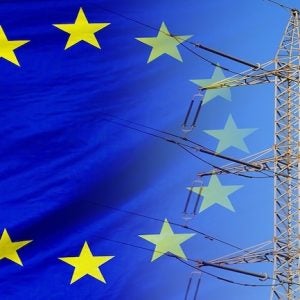 Ørsted and ATP are bringing in three specialists in industrial construction to support their bid for the North Sea energy island.
Ørsted and ATP are bringing in three specialists in industrial construction to support their bid for the North Sea energy island.
The Danish North Sea energy island is a visionary ambition for developing renewable energy on a huge scale and a step change in delivering on Denmark's and the EU's carbon emission reduction targets.
Because constructing the world's first artificial energy island will require collaboration between highly specialised companies with proven track-records within renewable energy development and complex offshore construction, Ørsted and ATP are bringing in three world-leading industrial construction experts: Aarsleff, a specialist in large-scale projects within infrastructure, climate change adaption and energy, will be leading the construction work; Bouygues Travaux Publics, an affiliate of Bouygues Construction, and a leader in sustainable construction; and Van Oord, a prominent specialist in marine contracting.
The energy hub will be an artificially constructed island 80 km from the shore of the Jutland peninsula. It will be owned by a public-private partnership. The hub is intended to strengthen the integration of Europe’s power grids and increase renewable electricity production necessary for a climate neutral Europe.
Denmark has introduced a cut-off date of 2050 for oil and gas extraction in the North Sea and cancelled all future licensing rounds.
The energy hub should serve as an offshore power plant, gathering and distributing green electricity from hundreds of wind turbines surrounding the island directly to consumers in countries surrounding the North Sea. In its first phase it will be able to provide 3 million European households with green energy. The Danish state will own the major part of the island as an asset, but private companies will be crucial for the project to fulfil the potential for innovation, flexibility, cost-effectiveness and business opportunities.






